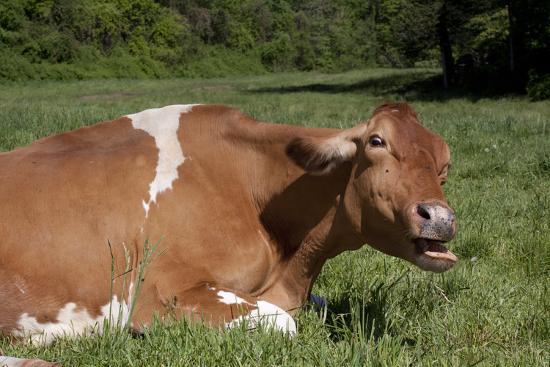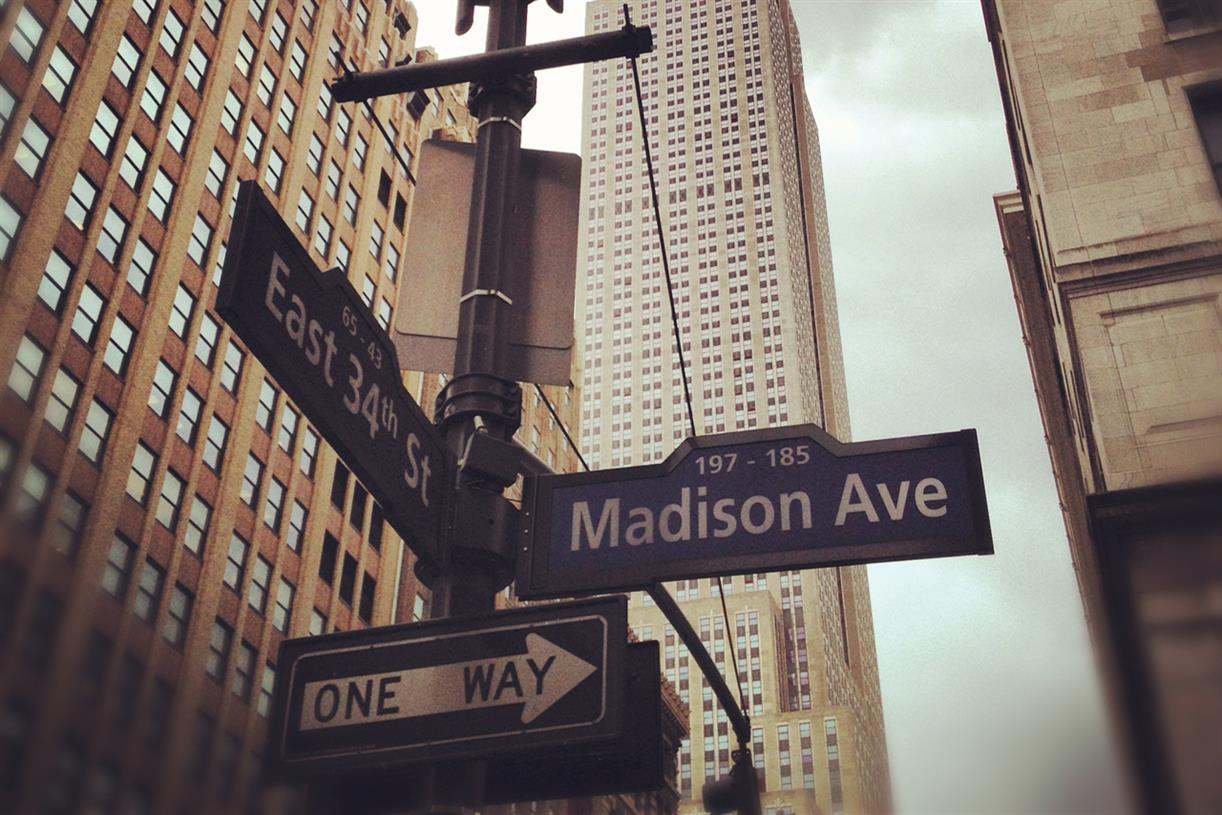The bad news is that the Civil War did not put an end to slavery.
Sure, the Civil War did end the apparent and visible slavery that made legal the ownership of human beings by other human beings, whereby the owners could wring
their bread from the sweat of other men’s faces.

And whatever one thinks about the causes of the North and the South, and the means employed, and the tremendous and appalling loss of life that ensued, every thinking American is just glad that the institution of slavery was abolished.
The physical form of slavery (that has marred human history from seemingly the beginning) does not lay claim to the inner life of the human being. The human spirit is not able to be coerced by chains or whips no matter how brutal – at least if we are to believe the testimony of those that have lived through such treatment.
Thankfully, the Civil War was able to accomplish the eradication of such a sensible injustice, but, unfortunately, it was not able to put an end to some other forms of slavery, arguably even more deleterious, for, as Aristotle pointed out, “Human nature is enslaved in many ways.”
The more invisible forms of slavery, however, of which I speak are far more destructive to the dignity of the human person, because they do touch the human person precisely in his inmost soul.
As Our Lord says in the Gospel of St. Matthew,
And fear ye not them that kill the body, and are not able to kill the soul: but rather fear him that can destroy both soul and body in hell.
The slaveries about which I speak are so subtle that those who are enslaved might not even recognize the fact.
Like the spectators chained to their chairs in Socrates’ famous allegorical cave, who wished for nothing more than to be left alone staring at the flickering shadows on the cave wall, might there be countless millions today among us who are similarly enslaved to a shadow world?
I speak of those who ‘live’ life but are seemingly ignorant of many, if not all, of the most significant realities; those who live in the shadow world of materialism and are devoid of any knowledge of the soul, or of the angels, or of God.

And what are these other kinds of slavery?
They are four. Three of them are caused by things outside of the mind while the fourth is caused by the error in the mind. Let’s enumerate them and then offer some brief exemplifications.
The Four Kinds of Slavery
Each of these is a sort of slavery as we shall see. In each case, knowingly or unknowingly, we act and think because of a compulsion, which though not from visible whips and chains, nonetheless directs us with an iron hand. Whether force of habit, unruly and violent passions, fear of scorn and derision, or the inability to think without error, each of these kinds of slavery prevent human freedom.
Who doesn’t recognize the reality of slavery to passion? It is perhaps the most prevalent kind of slavery especially in an adolescent society. But to a great extent the entire moral life of most men is largely a matter of taming unruly passions. Those who fail to control their passions are condemned to a life which is no better than that of the beast. Hamlet soliloquized,
What is a man, if his chief good and market of his time be but to sleep and feed? A beast, no more.

Or what about those who live their lives enslaved by fashion? A great many appear to be directed by others in the clothing they wear, the thoughts they think, the music they listen to, and the cultural norms they follow. They are the ones who think and behave according to the fashions of the day. And when the fashions change so does their thought and behavior.
Far from acting freely or thinking for themselves, it would appear that for many people, the principle of their activity is nothing more than to appear to be “with it,” to appear to be au courant with whatever is the latest trend– moral, intellectual, or otherwise.

Whereas those who are slaves to passion and fashion might be aware of their bondage, slavery to custom, on the other hand, is quite insensible.
Why? Precisely because slavery to custom is something which is….well… customary.
Things which we do by custom seem second nature to us. Customary things go unnoticed. We do not notice the things that we do by nature. How many of us are even aware of our heart beating? When we do notice it, it is probably because there is a problem. So also, the things that we do by custom.

But slavery to custom is indeed a form of slavery because custom is that which dictates our actions, not we ourselves. For example, those who live in one part of the world will ordinarily behave according to the customs of that place. From trivial matters such as what we ‘decide’ to eat and wear to far more significant matters, such as to what do we direct our lives?

Those who live in one time or epoch tend to think according to the customs of that epoch. Similarly those who live under one type of government will tend to vary in their views from those who live under another type of government. For example, Americans, by and large, do not have a great deal of respect for monarchs.

Finally, there is the kind of slavery which is the effect, in great part, of the first three kinds of slavery. If we act and think according to our passions, ignoble fashions and bad customs, we will then assuredly develop erroneous habits of thinking. Our minds will become filled with error. We will think things to be which are not, and we will think those things are, which are not.
Each of these kinds of slavery are serious. Each deserves a lengthy discussion. But the central point is that these other forms of slavery reach into our innermost souls and destroy our human dignity.
The free man is the one who thinks and behaves rightly according to norms which are beautiful, good and true. His thoughts and activity arise from an inner principle. Or perhaps better, we might say that the free man is the one whose thoughts and behavior are chosen according to standards which he himself has chosen freely. He has chosen them freely precisely because he recognizes them as the standards of truth, goodness, and beauty.
He is not one who stumbles about unconscious of the norms upon which his behavior is based. Those are slaves who behave unwittingly, almost as if sleeping, according to the erroneous philosophies and ugly fashions of others about whom they are unaware.
Aristotle was right of course. Human nature is enslaved in many ways. So much so that one might almost mistake slavery for a natural state. But it isn’t. Freedom is unique to those beings possessing intelligence, and it just so happens that there is an ordinary process, a specific sort of education that devotes itself to freedom. It is an education that is named after freedom. It is an education that proposes truth as its final aim. Why? Because it is the truth alone that makes men free.





Thanks, Mr. Langley.
Can you please clarify what you mean by “slavery”? I can understand why we would not want to be directed by error or passion. But since man is naturally social, and since fashion and custom are natural parts of society, isn’t it natural that we should be directed by fashion and custom? Isn’t society supposed to direct us in the clothes we wear, the language we speak, the music we listen to, and in the other social norms? Shouldn’t we want to have social uniformity, social cohesion? I can understand why we would not want to be directed by morally bad customs or tasteless fashions, but shouldn’t we want people to be directed by good customs and fashions? Otherwise it seems like we wouldn’t even have a society at all.
Great question Joseph. Thinking about whether it is natural that we be directed by fashion and custom, it occurs to me that it is certainly natural to be directed by our passions, seeing as they are an internal principle of motion. I think the answer lies in large part in what we mean by “directed.” Is it a sort guidance, pointing us in the right direction, or are we commanded, obeying unquestioningly?
Yes- I think it is a great question as well. And thank you for pressing this blog towards greater clarity. First, by slavery, I meant to signify only slavery in perhaps a most general sense of the term, that is, a certain state in which a person does not direct his own thought and behavior but is, rather, directed by something outside of himself. And I meant, also, to indicate that a person who is directed by something outside himself might be so directed consciously or unconsciously.
But I think Mr. Smith, in his comment, makes an interesting point that one might think that it is natural to be directed by the passions since they are internal powers. That seems like a fair point. In other words, he might object that (by my definition) those who are directed by their passions are not slaves since the passions are not outside of ourselves.
So I suppose I would retreat a little- and float the idea that a slave is one whose own reason is not the principle of his thoughts and activities. (It would probably be wise for me also to add the idea of “right reason” to anticipate the fourth kind of slavery – slavery to error, in which it could be claimed that a person’s ‘reason’ is the principle of his activity)
Additionally, (and this might help to address Mr. Smith’s insight) I am presuming that the free man is one whose reason is the ruling principle. And that the passions – although interior powers- are nonetheless properly understood to be powers which serve reason and are only properly experienced or employed when they are ‘rational’ (i.e. measured by reason) Hence we want to exclude the idea that a person whose activity is directed by his passions (simply speaking) is a free person. To this, I might note that the passions, although admittedly interior, powers, are all reactions of the sensitive appetite and are thus powers that appear to be more on the side of the body than the soul…and as such are relatively exterior to what a man is (if we understand reason to be more ‘what a man is’ than his sensitive appetites).
To the question “isn’t it natural that we should be directed by fashion and custom?” I would respond yes and no. On the one hand, no one can escape fashion and custom, and we might even say that before we have obtained the use of reason in its fullest degree, yes, perhaps we are at the mercy of the fashions and customs into which we were born. And yes, this would appear to be the way that nature has ordained things (i.e. that we are all born into families and societies with pre-existing fashions and customs). And yes- we are especially fortunate if the fashions and customs into which we were born are reasonable fashions and customs. (and very unfortunate if they are not reasonable!)
Nonetheless, liberal education allows us to grow and perceive to what extent our actions and thoughts are ‘ours’ (i.e. chosen and adopted through our reason) and those which are not ours insofar as we act and think in certain ways merely because of fashion and custom (wittingly or unwittingly).
This reminds me of the discussion of music in the Republic when Socrates says. (speaking of someone who was brought up in beautiful fashions – and I suppose customs)
“The ugly he would rightly disapprove of and hate while still young and yet unable to apprehend the reason, but when reason came the man thus nurtured would be the first to give her welcome, for by this affinity he would know her.” (http://www.perseus.tufts.edu/hopper/text?doc=Perseus%3Atext%3A1999.01.0168%3Abook%3D3%3Asection%3D402a)
But I take it that a person is not fully ‘free’ until the advent of reason of which Socrates speaks.
A man in my neighborhood was an enthusiastic supporter of a radical gay rights bill passed by our city council that clearly threatens religious freedom. On his front lawn he has one of those lawn placards stating the progressive creed including belief in “love” and science. But the progressive desire to normalize LGBTQ “passions” and, of course, legal abortions is patently unscientific in it’s rational. But because their parents’ me generation with the mantra “If it feels good, do it” has bequeathed to them a total lack of moral standards, they believe they are the scientific ones and those religious people’s with their rules based on “superstition” are the pathetic slaves.
I am surprised that you failed to mention the victims of human trafficking in this country and those addicted to drugs. Those are much more serious forms of enslavement than the things you mentioned. You can’t put God first if you have to have your next fix. If you’ve been sold into sex slavery you’re being forced to commit grave matter regularly. Both of those are more damning than chasing after the latest fashions.